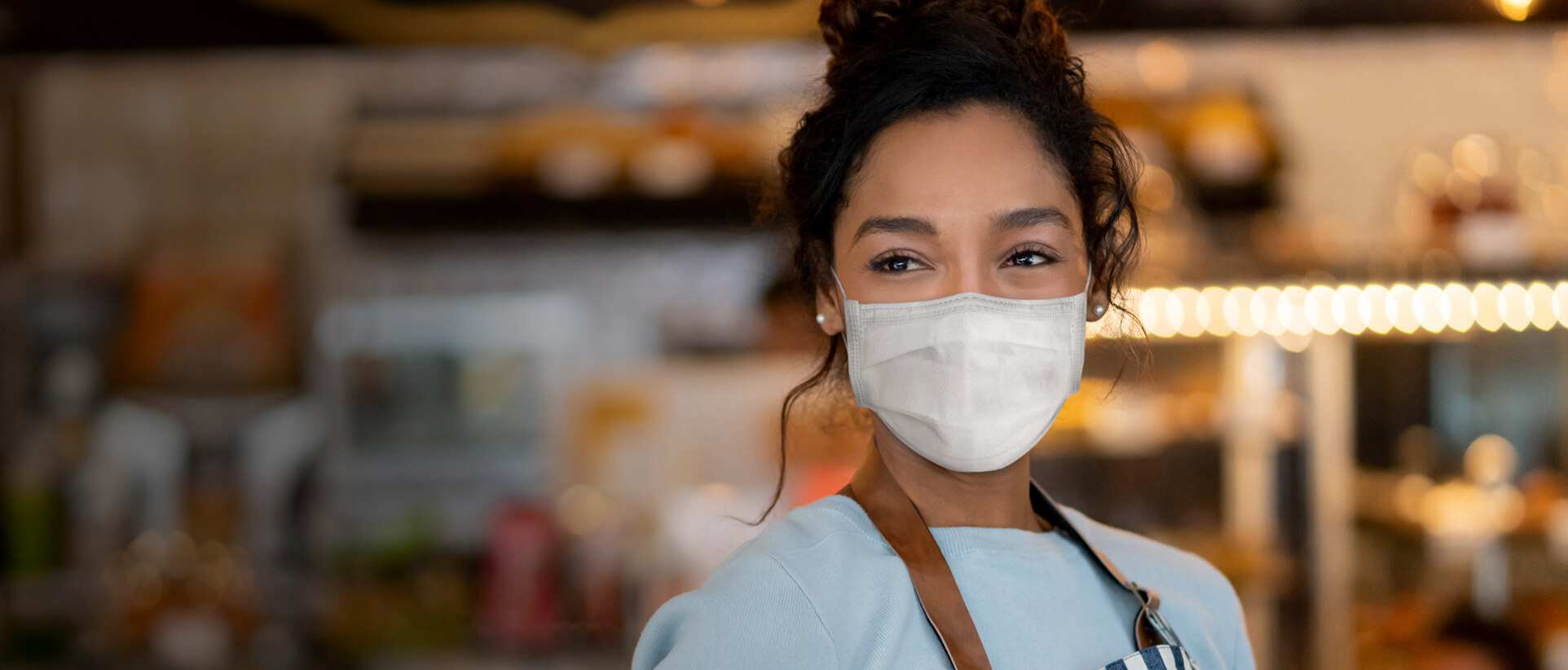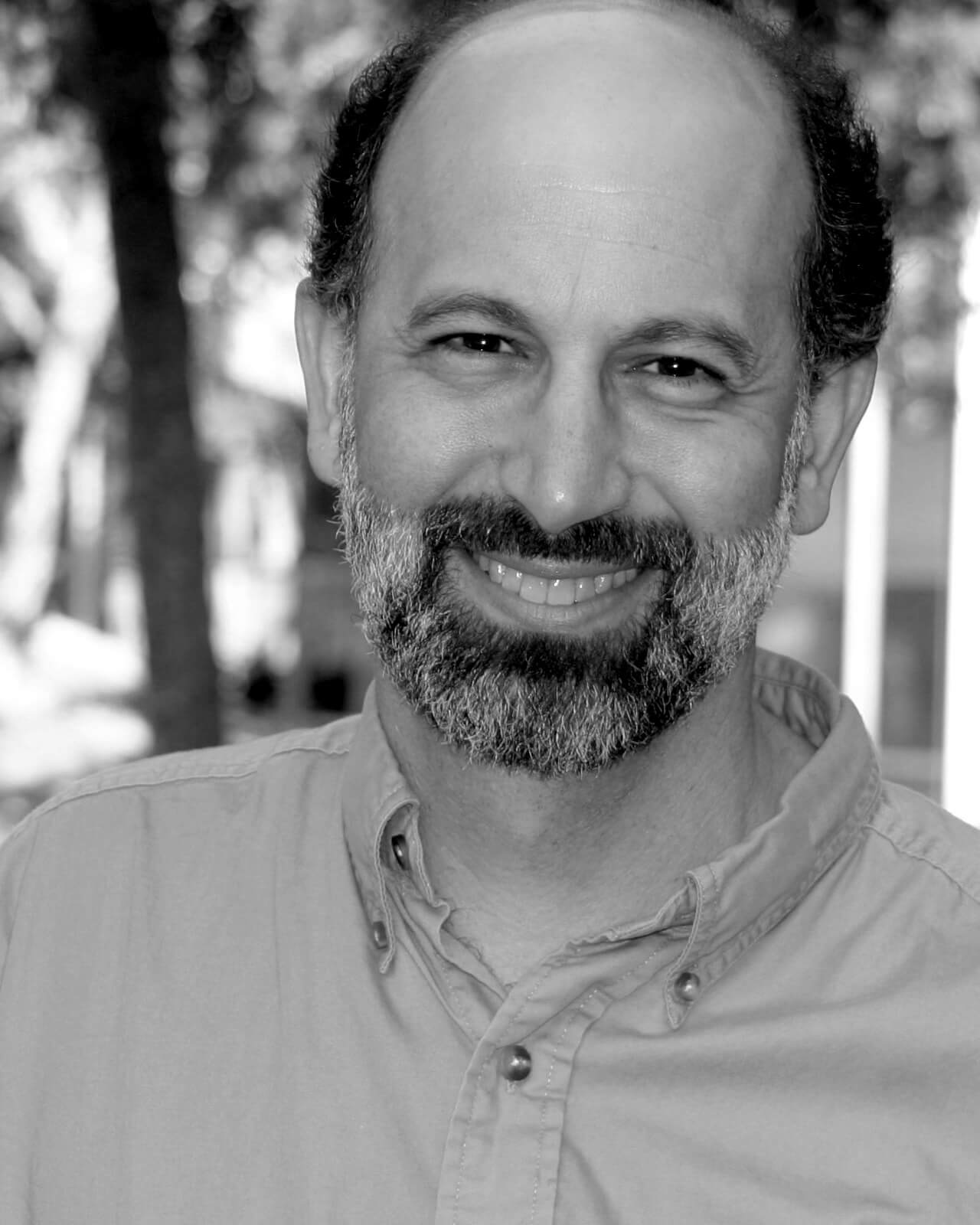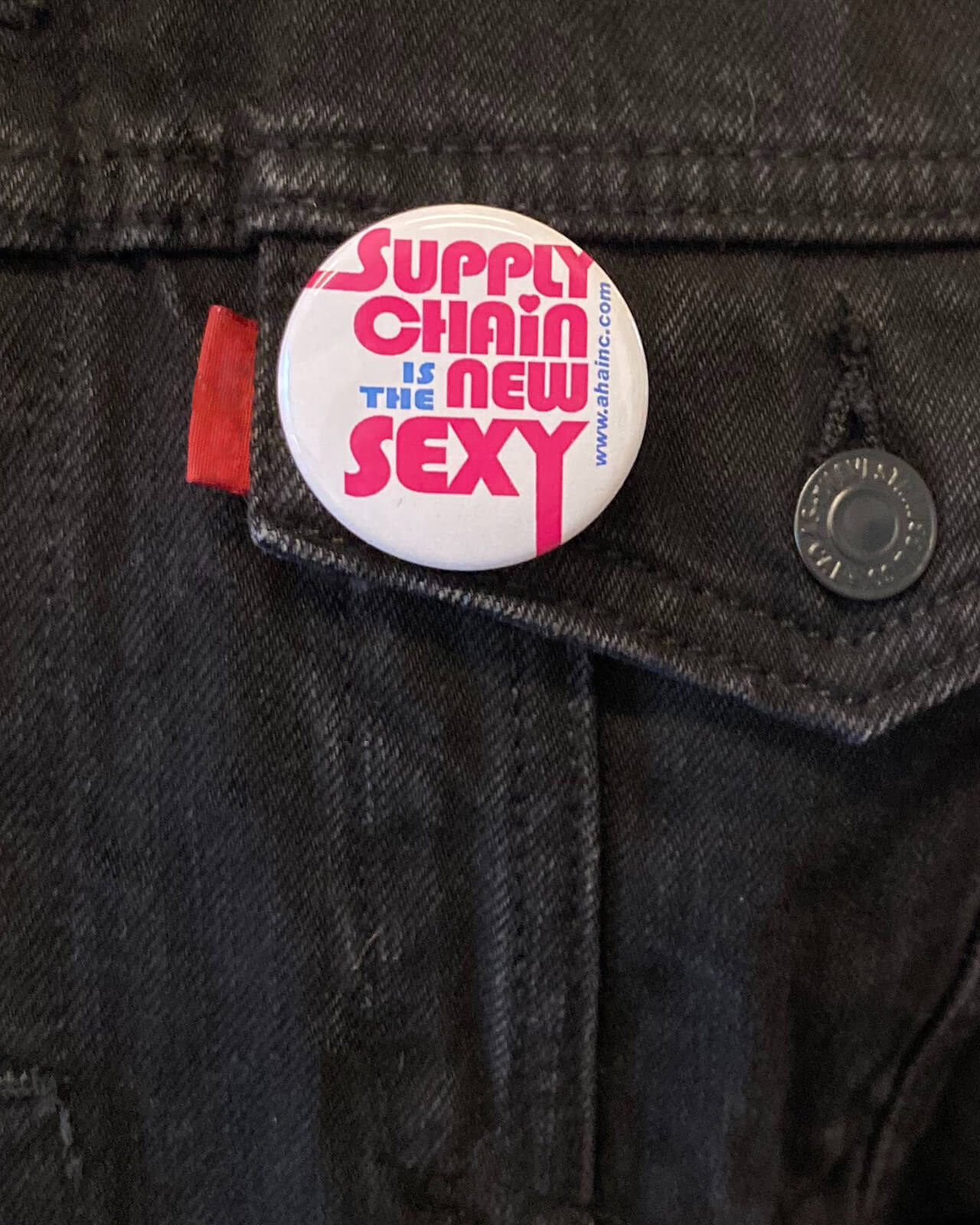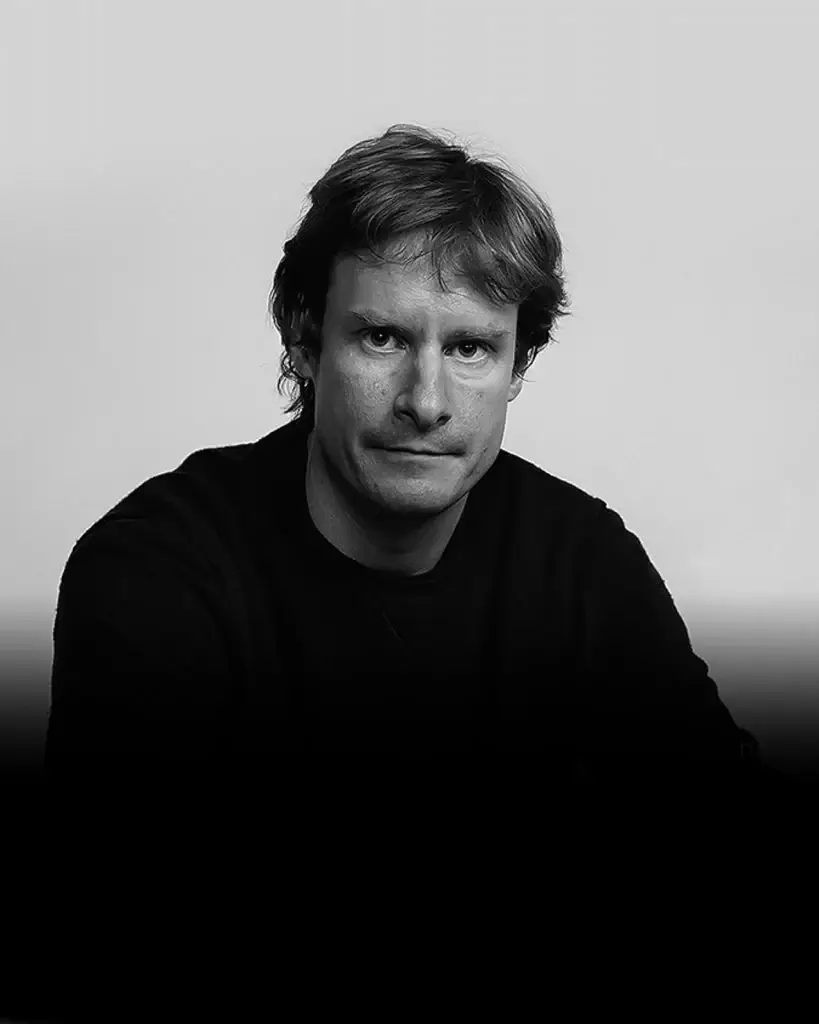Setting the table for Better Days ahead
Global Philanthropy and Social Impact Lead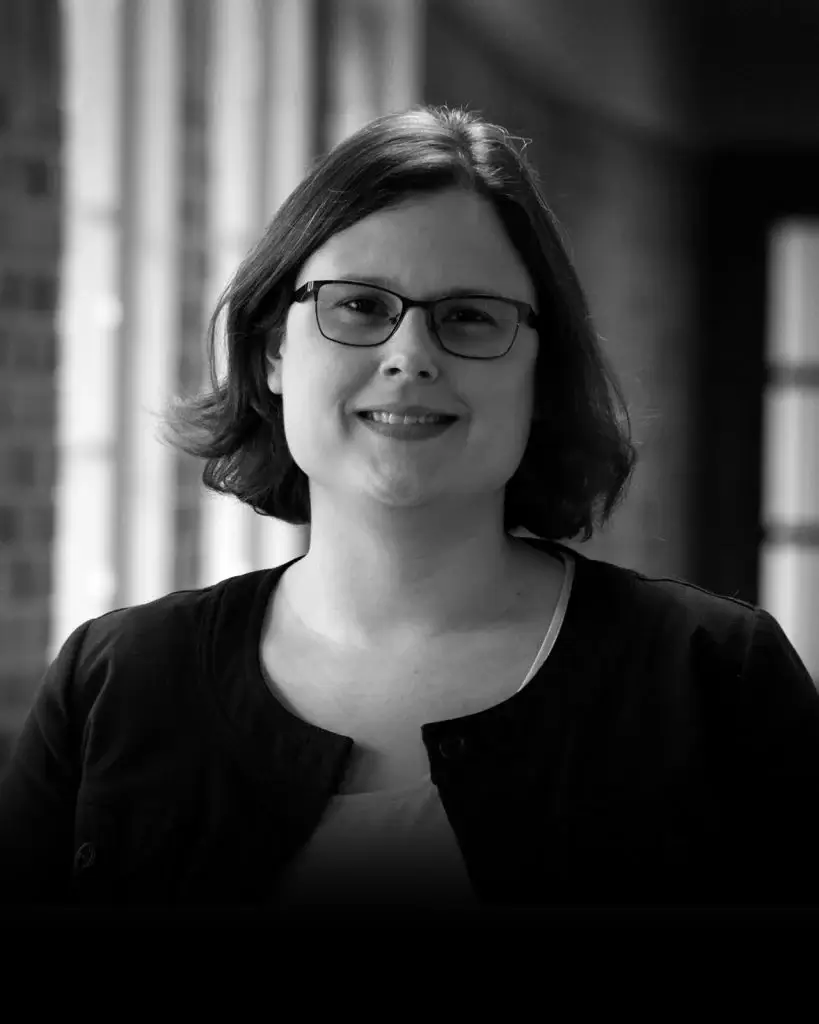
AHA talks with Stephanie Slingerland, global philanthropy and social impact lead at Kellogg Company.
The pandemic is changing the world’s dinner table. With some 50 million individuals in the U.S. alone now food insecure, fighting hunger has quickly become one of the most urgent issues of our time. For perspective and potential solutions, we turned to an expert who’s putting her company’s resources to work on a scale rarely seen.
Stephanie leads Kellogg Company’s global food security cause platform, Better Days, an initiative that tackles hunger at the kitchen table and on a systems level. Prior to joining the Corporate Communications team at Kellogg in 2006, Stephanie was a journalist and technical writer. Her belief in (and craft for) storytelling as a means of building powerful programs and partnerships was clear from the moment our Zoom started.
Tell us about your role and what you do.
Stephanie: I’m responsible for overseeing our global philanthropy work, which comes to life through our Kellogg’s Better Days platform focused on food security. I oversee the donations work that we do to bring billions of servings of food (and better days) to people in need. That includes cash donations we make as a company, our charitable funds and any food donations we make. My role is to ensure that we’re looking strategically at our partners and the work that we’re doing so that it always aligns to the issue of food security. And then on top of that, I oversee employee engagement and our social cause initiative—employee volunteerism, giving campaigns, all that.
When it comes to employee giving, we see a lot of companies moving toward choice philanthropy, where they let employees pick their own causes. Where is Kellogg on that spectrum?
Stephanie: We encourage all kinds of volunteerism, but our people are pretty focused on food security here. I’d say between 80% to 90% of our employee effort is aligned to food security. Working for a food company, a lot of our employees are really passionate about doing this work. One of the key things that we fund through our Better Days program is ensuring that kids have access to nutrition via school breakfast programs and summertime meal programs. Employees volunteer to help those programs and in the broader area of helping communities build resilience and capacity through urban farms and community gardens.
Food is a basic human need. We can all identify with being hungry and not knowing if you’ll have enough to eat. It’s an issue that just gets people at a gut level, so to speak.
That kind of focus on a single issue is rare. How do you get so many people to embrace the same cause at a company your size?
Stephanie: Food is a basic human need. We can all identify with being hungry and not knowing if you’ll have enough to eat. It’s an issue that just gets people at a gut level, so to speak. Our company purpose is about feeding people, so perhaps we’re attracting employees who share this cause. A lot of people I’ve talked to at Kellogg tell me they work here because feeding people and fighting hunger is important to them on a personal level.
In our work, we’ve learned that companies that are able to sustain an impact are the ones that align their efforts to their core business—what they do in the world. But that does risk people saying you’re just doing this to sell more of your product. What’s your answer to that?
Stephanie: It helps if you’ve been at it a while. We’ve been working on food security for decades. We were among the earliest partners of Feeding America and one of the founding members of The Global FoodBanking Network. We trace our spirit of giving back to our founder, W.K. Kellogg, who gave away nearly all of his personal wealth to form the W.K. Kellogg Foundation in 1934. He was a leader and a philanthropist who converted his workforce to a six-hour workday during the Depression so he could employ more people. So, for us “the proof is in the pudding,” as we say in the Midwest.
People are hungry, so let’s feed them. But you also need to be working on the root causes of the problem or you’re only treating the symptoms.
How has your work on food security evolved?
Stephanie: We are looking at the issue more holistically. Our business spans everything from farm to table, which allows us to look for root causes in food insecurity. The issue looks fairly simple on the surface: People are hungry, so let’s feed them. But you also need to be working on the root causes of the problem or you’re only treating the symptoms.
We’ve also come to see the issue of hunger as a linchpin to a healthy and just society, which is why our new purpose statement talks about creating better days and a place at the table for everyone. Claire Babineaux-Fontenot, the CEO of Feeding America, has a saying that all social progress issues trace back to solving hunger. You may be passionate about supporting education or economic inclusion or fair housing, but hunger touches all these things. You can’t have good education outcomes, economic development outcomes—everything we need to thrive as a society—until our basic nourishment needs are fulfilled. If we get that piece right, then the rest of it starts to fall into place.
It’s not often you see a philanthropic issue migrate to become the central purpose of the company. How did that happen?
Stephanie: The link was always there, but it’s much stronger now. Maybe times have come back around to where a lot of what Mr. Kellogg was addressing in the 1930s is what we’re being called on to address now. We’re seeing immense need and food insecurity during the pandemic. But we’ve also had more and more team members engaging—particularly in partnering with our customers. More of our retailers have been looking at how they can support communities and they’ve been turning to us because they know that we’re a leader in this space. It’s a case of action following trust and reputation that’s spurring more action. Through our retail partnerships, we provided more than 13 million meals to communities in the U.S. alone last year. We’ve created some really powerful partnerships with grocery retailers to fight hunger and, of course, that’s strengthened the business relationship as well. Again, it becomes this virtuous circle. Customer partnerships are really important to us.
You can’t have good education outcomes, economic development outcomes—everything we need to thrive as a society—until our basic nourishment needs are fulfilled.
How do you see your work evolving in the post-COVID era?
Stephanie: We’re redesigning our volunteer programs to meet people where they are. For instance, even though employees might be working from home, there’s always going to be times where teams come together for team meetings because they understand the value of being together in person. One of the things we’ve asked ourselves is: How do we get smart about knowing when teams are coming together so that we can bring a volunteer opportunity to them as part of their team meetings? We’re working to make giving a more integrated part of our work. Maybe it’s opening a meeting with a little game that benefits one of our charity partners.
Our partners are also innovating their models to respond to the pandemic, with new distribution models to address questions like: How do you deliver school lunches and feed kids when schools are closed? So, it’s been an incredible time of innovation and we have a lot of experimenting going on. I’ve appreciated how flexible and nimble our partners have been.
As part of this willingness to try new things, we’re also making service a more central part of career development where employees can meet personal development goals by working with a nonprofit. Employees get their personal development experience, community partners get new energy and fresh perspective and therein lies a win-win. By tying HR objectives into all this, we think this can imbue even more purpose into working at Kellogg and help with our recruiting and retention efforts.
Sounds like you’re having to collaborate more intensely than in pre-COVID days.
Absolutely. We’d been doing a lot of the same things over and over, year after year. It was all important work, chipping away at food insecurity. But this last year flipped everything on its head. In some respects, I think that’s good because it’s helping us to look at things in new and different ways that hopefully will help all of us come out better and stronger on the other end.






